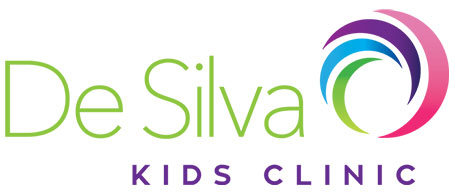Apraxia is a neurological speech difficulty that affects the child’s ability to produce speech intelligibly. Messages from the brain to the muscles are disrupted and children with apraxia usually have difficulty coordinating their tongue, lips and jaw to say words.
Apraxia is not due to weakness or paralysis of muscles needed to produce speech. In most cases, the cause of apraxia is unknown. However, some possible causes include genetic disorders, infection, illness, injury or trauma.
Apraxia is also often called apraxia of speech, verbal dyspraxia, or childhood apraxia of speech (CAS).
Some common characteristics of apraxia:
Speech unintelligibility- A child with apraxia usually has difficulty articulating words, phrases and sentences. Their errors are often inconsistent and unpredictable. Hence, unfamiliar listeners often find it hard to understand them.
Multisyllabic words are harder to pronounce- The child will usually present with more sound errors as the complexity of the word increases
Articulatory groping: The child may often appear to be struggling to coordinate their tongue, lips and lower jaw in order to find the right sound when they are trying to say a word.
Many children with apraxia can become intelligible with intensive speech therapy. If you have concerns that your child may be presenting with signs of apraxia, it is important that you see a speech pathologist.
Written by Tasneem Abdul Samad, Speech Pathologist.



